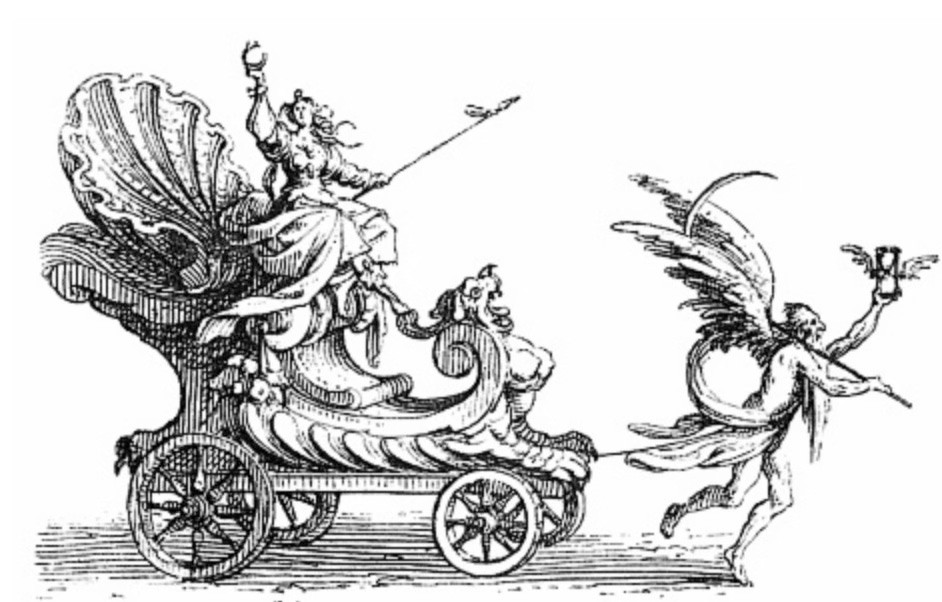On The Millennial Mandate
Rebuilding the World in the Fourth Turning
“The ruins of the past are the foundation stones of the future.” - Saint Augustine
Francis Fukuyama made a Nietzschean proclamation when he said that history is dead, but history has a habit of resurrecting itself. History does not move in straight lines. It turns. Civilizations breathe in rhythms, alternating between creation and decay, order and chao…



